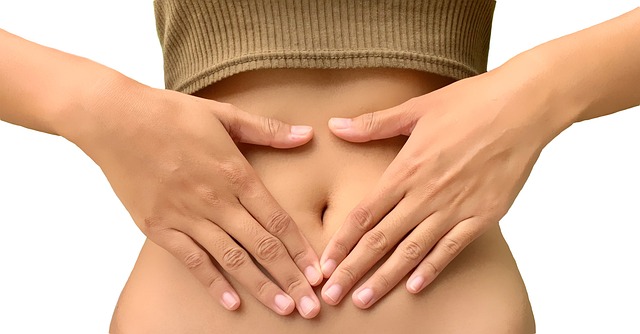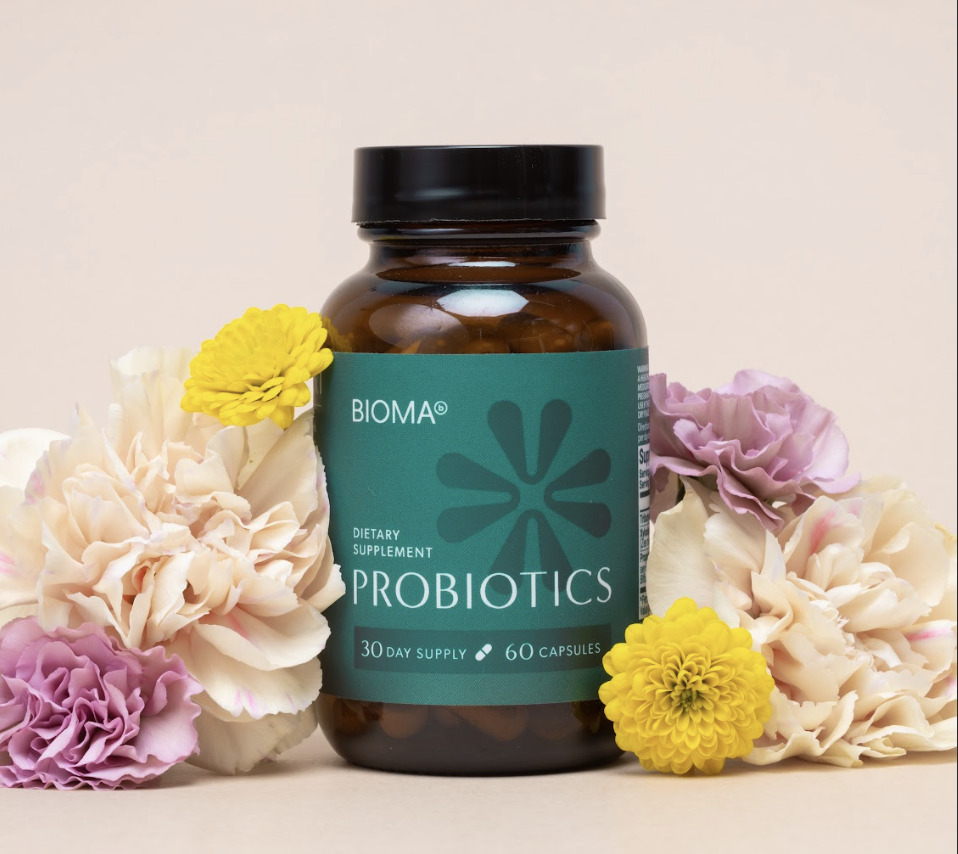What Do Probiotics Do?

Probiotics have been getting a lot of attention lately, but what exactly do they do? Are they just another health trend, or do they really offer benefits worth considering? Let’s break it down.
Probiotics and Your Gut: The Basics
At their core, probiotics are live bacteria and yeasts that are good for your digestive system. While bacteria often get a bad rap, your body—especially your gut—is home to trillions of microbes, many of which are essential for digestion, nutrient absorption, and even immune function.
When your gut’s microbial balance is off—due to poor diet, stress, antibiotics, or illness—digestive issues, bloating, and weakened immunity can follow. That’s where probiotics come in. By replenishing beneficial bacteria, they help maintain a balanced gut environment.
How Probiotics Support Digestion
One of the most well-known benefits of probiotics is their role in digestion. They help break down food, produce essential vitamins, and keep harmful bacteria in check. Certain strains, like Lactobacillus acidophilus and Bifidobacterium lactis, can ease symptoms of bloating, gas, and even diarrhea.
For those dealing with irritable bowel syndrome (IBS), probiotics may offer relief. Studies suggest that strains like Bifidobacterium infantis can help reduce abdominal pain and irregular bowel movements.
Boosting Immune Function
Did you know that about 70% of your immune system is in your gut? That’s why a healthy gut microbiome is crucial for immune defense. Probiotics help by strengthening the gut barrier, producing antimicrobial substances, and stimulating immune cells.
Some research suggests that probiotics may reduce the severity and duration of common colds. A study published in the Journal of Science and Medicine in Sport found that athletes who took Lactobacillus fermentum had fewer respiratory infections than those who didn’t.
Mental Health and the Gut-Brain Connection
The idea that gut health affects mood might sound strange, but science backs it up. Your gut and brain are linked through the gut-brain axis, meaning an imbalance in gut bacteria can influence mental well-being.
Several studies have explored the potential of probiotics in reducing anxiety and depression. Certain strains, often called “psychobiotics,” produce neurotransmitters like serotonin and GABA, which play a role in mood regulation.
For example, a study in Frontiers in Psychiatry found that participants who took Lactobacillus helveticus and Bifidobacterium longum reported lower stress levels compared to those who took a placebo.
Skin Health: Can Probiotics Help?
Acne, eczema, and other skin issues often have roots in inflammation, which can be linked to gut health. By promoting a balanced microbiome, probiotics may help calm skin flare-ups.
Some research points to Lactobacillus rhamnosus as a strain that can reduce eczema symptoms, particularly in children. Meanwhile, Lactobacillus plantarum has shown promise in improving skin hydration and reducing acne-related inflammation.
Probiotics and Weight Management
While probiotics aren’t a magic bullet for weight loss, they might play a supportive role. Some studies suggest that an imbalanced gut microbiome can contribute to weight gain, insulin resistance, and cravings for unhealthy foods.
Lactobacillus gasseri has been studied for its potential to reduce belly fat, with some trials showing modest weight loss in participants who took it consistently. The mechanisms aren’t fully understood yet, but gut bacteria seem to influence how we store fat and regulate appetite hormones.
Are All Probiotics the Same?
Not exactly. Different strains serve different purposes, and their effects can vary from person to person. Some probiotics thrive in dairy-based yogurts, while others are found in fermented foods like kimchi, sauerkraut, and miso.
If you’re considering a probiotic supplement, look for:
- The right strain for your specific health goal (gut health, immunity, skin, etc.).
- A high CFU count (colony-forming units) for effectiveness.
- Survivability—some probiotics need enteric coating to survive stomach acid.
Products like Bioma probiotics are formulated with multiple strains to support digestion, immunity, and overall gut balance, making them a great option for daily use
Should You Take Probiotics Daily?
For most people, yes. Whether through food or supplements, maintaining a healthy gut microbiome requires consistent effort. However, certain health conditions or medications might affect how probiotics work, so it’s worth discussing with a healthcare provider if you have concerns.
Probiotics do a lot more than just support digestion—they play a role in immunity, mental health, skin health, and even weight regulation. While they aren’t a cure-all, they can be a powerful tool for maintaining overall well-being.
Related articles




